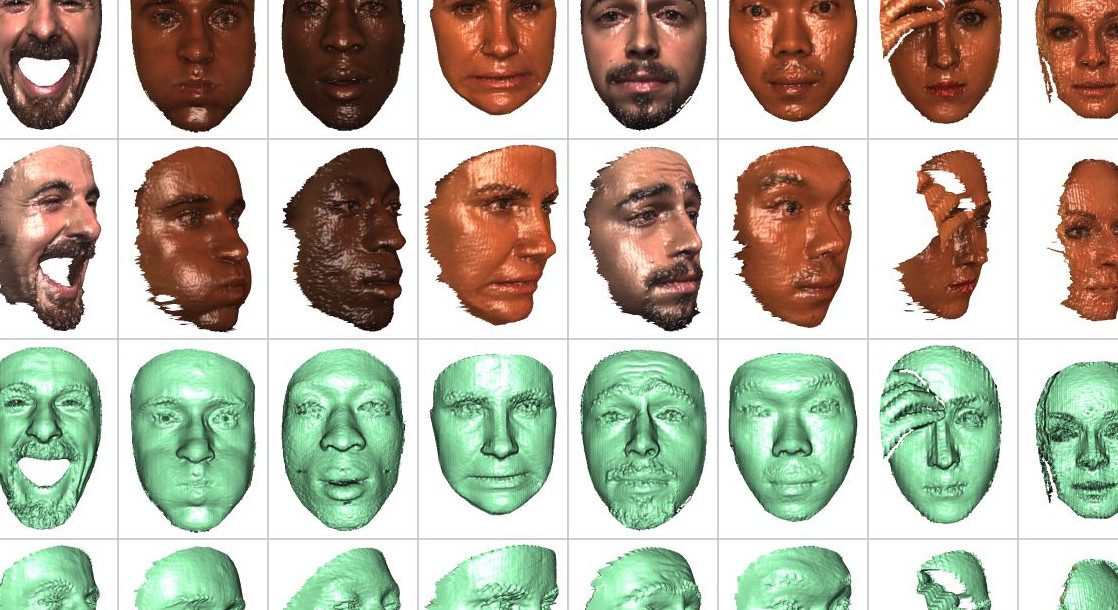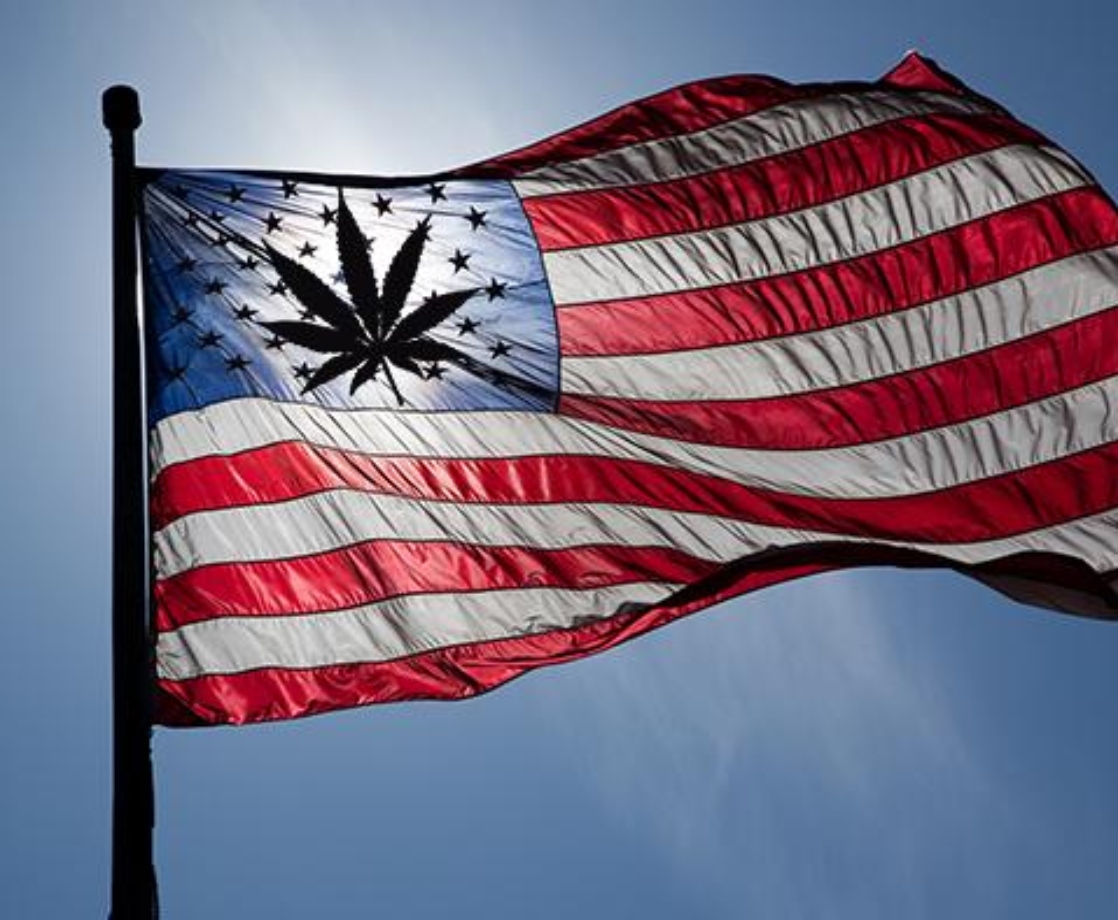The House oversight committee just held a hearing to discuss concerns over the FBI's use of facial recognition databases that have collected individuals' photos without their consent.
Around half of all adult Americans, even those who have never committed any crime, have their pictures stored in databases that the FBI uses to look for criminal suspects. Around 80% of these photos are taken from non-criminal sources like drivers’ licenses and passports, and have been placed into these databases without the individuals' knowledge or consent.
Even worse, the algorithms that the database uses to match these photos to criminal suspects are wrong 15% of the time, and are more likely to misidentify black people than white people.
“Facial recognition technology is a powerful tool law enforcement can use to protect people, their property, our borders, and our nation,” said oversight committee chair Jason Chaffetz. “But it can also be used by bad actors to harass or stalk individuals. It can be used in a way that chills free speech and free association by targeting people attending certain political meetings, protests, churches, or other types of places in the public.”
“No federal law controls this technology, no court decision limits it,” said Alvaro Bedoya, executive director of the center on privacy and technology at Georgetown Law. “This technology is not under control.” Michigan Congressman Paul Mitchell said that he was “frankly appalled” when he learned about the database. “I wasn’t informed when my driver’s license was renewed my photograph was going to be in a repository that could be searched by law enforcement across the country.”
Last year, the US Government Accountability Office (GAO) analyzed the FBI's use of facial recognition technology and found that it was lacking in accountability, oversight, and accuracy. The FBI doesn't even know “how often the system incorrectly identifies the wrong subject,” GAO official Diana Maurer explained. “Innocent people could bear the burden of being falsely accused, including the implication of having federal investigators turn up at their home or business.”











